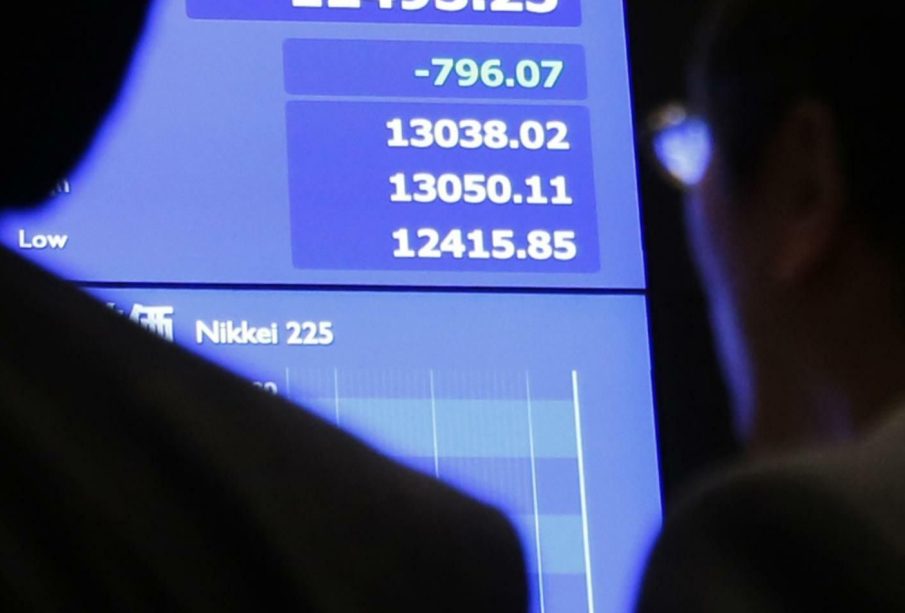Understanding the Nikkei Index: Japan’s Key Financial Indicator

Introduction
The Nikkei Index, officially known as the Nikkei 225, is Japan’s leading stock market index, encompassing 225 of the largest publicly traded companies on the Tokyo Stock Exchange. It serves as a critical indicator of Japan’s economic health and market trends. Given the recent fluctuations influenced by various global factors, understanding the Nikkei Index has become increasingly pertinent for investors, economists, and policymakers alike.
Current Trends of the Nikkei Index
As of October 2023, the Nikkei Index has shown remarkable resilience and growth amid complex global economic conditions. Recently, fluctuations in global interest rates and inflation concerns have led to a volatile market environment, yet the Nikkei has managed to surpass the 32,000 points threshold for the first time in decades. Analysts attribute this upward trajectory to various factors including robust corporate earnings, a strengthening export sector, and sustained government stimulus measures aimed at promoting economic recovery.
According to the latest reports, large technology and automotive companies like Sony and Toyota have demonstrated substantial quarterly growth, contributing significantly to the index. This growth is particularly crucial as Japan seeks to rebound from the economic challenges posed by previous years of stagnation and the recent impact of COVID-19.
Significance for Investors
The performance of the Nikkei Index is vital for foreign investors looking to enter the Japanese market. Various investment managers are now eyeing opportunities in Japan, especially with the potential of a weaker yen making Japanese exports more competitive globally. As Japan combines its traditional industries with technological innovation, sectors such as renewable energy and digital finance are emerging as attractive investment avenues.
Moreover, analysts predict that if the Nikkei maintains its bullish trend, it might attract more foreign investments in the coming months. With Japan’s economy gradually recovering and improving sentiment among consumers, the potential for continued growth in the Nikkei Index remains strong.
Conclusion
The Nikkei Index serves not only as a benchmark for Japan’s economic performance but also as a bellwether for global market trends. Its recent highs reflect the resilience of the Japanese economy amidst external challenges. As we look ahead, the ongoing economic reforms and the push towards innovation could further bolster the index, making it a focal point for investors worldwide. Monitoring the Nikkei will be essential for understanding Japan’s role in the increasingly interconnected global economy.









